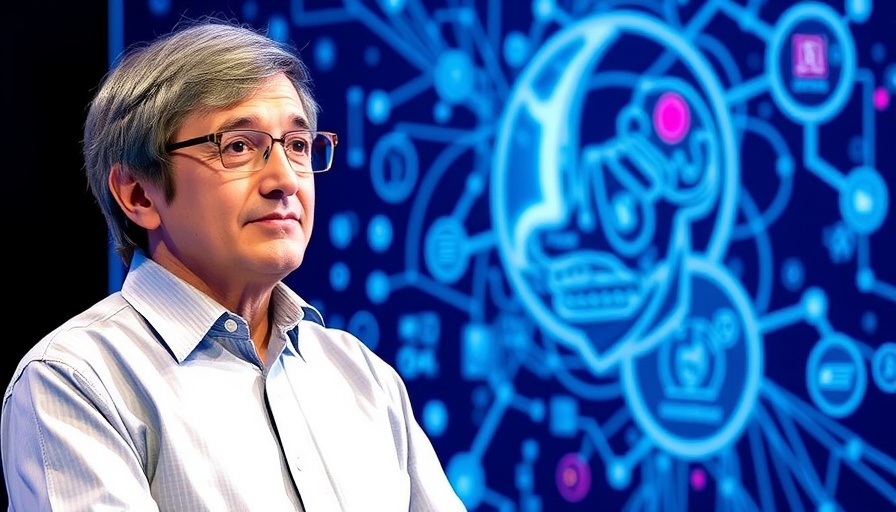
Geoffrey Hinton's View on AI Job Market Stability
In the ever-evolving landscape of artificial intelligence (AI), few voices carry as much weight as Geoffrey Hinton, a pioneering figure in the development of neural networks. Frequently referred to as the godfather of deep learning, Hinton has emphasized that while AI is set to transform numerous industries, certain professions are less likely to be fully displaced by automation. His insights highlight a key consideration in the discourse surrounding AI’s impact on the job market: understanding which roles are resilient against this technological tide.
Jobs Resilient to AI Disruption
According to Hinton, jobs that require nuanced human interaction, critical thinking, and creativity are less vulnerable to automation. Positions in healthcare, particularly those involving patient care, are critical examples. Hinton notes that roles such as nurses and therapists, where human empathy and understanding are paramount, cannot simply be replicated by algorithms or machines. This perspective aligns with broader research indicating that while AI can assist in diagnostics and administrative tasks, it lacks the emotional intelligence required for direct patient interaction.
The Importance of Human-Centric Roles
This focus on human-centric roles plays into the larger dialogue about the future of work in an AI-driven economy. As AI continues to excel in tasks that involve data processing and pattern recognition, understanding the limitations of these technologies is vital. Hinton’s remarks serve not only as a forecast but also as a guiding principle for training and education programs. If the demand remains for human skills that AI cannot replicate, strategic investments in education geared towards developing these capabilities can pave the way for a workforce prepared for future challenges.
A Call for Ethical AI Development
Furthermore, Hinton advocates for ethical considerations in the deployment of AI technologies. The push towards responsible AI innovation is essential in avoiding potential workplace disruptions while ensuring that developments enhance the human experience. By focusing on AI applications that complement human abilities—and not replace them—we can better navigate the complex relationship between technology and employment. As we advance towards a future where AI plays an increasingly central role, prioritizing ethical standards will be crucial in shaping a just and equitable labor market.
As young professionals and tech enthusiasts grapple with the implications of Hinton’s assertions, it becomes clear that the conversation surrounding AI is just beginning. Understanding the potential pitfalls and preparing for a landscape where human skills remain vital may very well dictate the future of work in an age profoundly influenced by technology.
 Add Row
Add Row  Add
Add 




 Add Row
Add Row  Add
Add 



Write A Comment